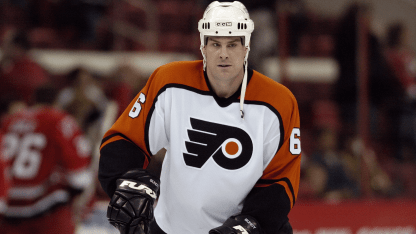The Phase 3 sessions will be more like September training camps under a returning coach. Players will have to re-familiarize themselves with some of the details of the systems (forecheck, breakout, special teams, etc.) and will engage in battle drills on the walls and around the net. However, at least for the teams that will be in play-in qualifiers -- which will be best-of-five series -- there will also be playoff-like elements involved, where the club is preparing for a specific opponent.

